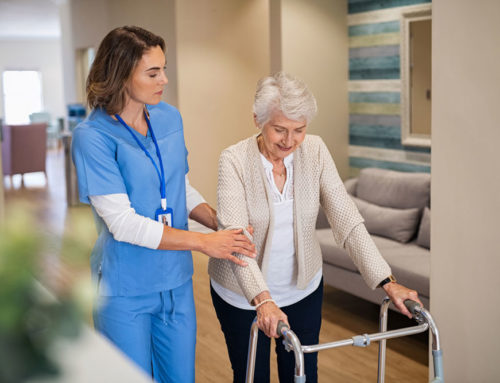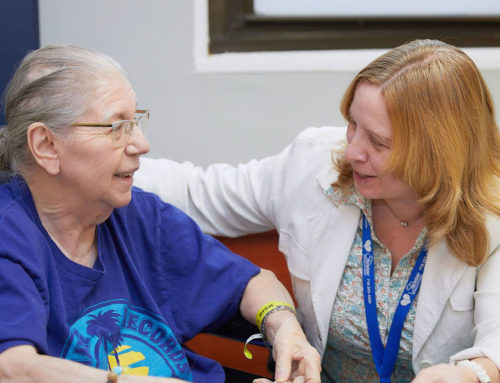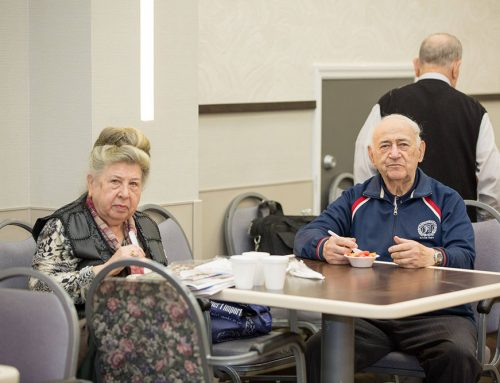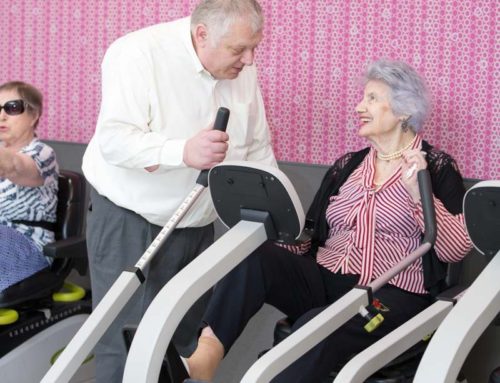What Are the Main 2 Causes of Elderly Loneliness?
Everyone feels lonely when they have no one around to connect with socially. Such feelings are usually fleeting during our youth and early adulthood but can become more pronounced as we age. Seniors are at the highest risk of isolation due to various factors affecting multiple aspects of their lives. To prevent such issues, learning the causes of elderly loneliness is essential.
The most common reasons for senior isolation include loss of social connections or limited social opportunities and poor health. To prevent loneliness in seniors, adult day care centers dramatically improve both issues in one setting. ADCs offer fun social activities, exercise and rehabilitation therapies, such physical and occupational therapy, as well as mental stimulation to combat various social, mental, and physical problems. If you live in the Brooklyn NY, contact Fairview day care for more information.
Check out the following sections, if you require more information on what causes loneliness in seniors.

2 Causes of Elderly Loneliness
Social relationships are a part of human life, though the modern age has altered our social interactions. Smartphones, social media, and emails have replaced face-to-face conversations.
Though these affect seniors, other factors also contribute to their overwhelming isolation, mainly from two specific causes. These include a loss of social connections and physical health issues, which we’ll discuss below.
1. Loss of social connections
We may lose connections with loved ones throughout our lives, though it seems more common as we age. Children move away, as do other family and friends, while retirement alters work-related relationships. Living alone or in an assisted living facility causes isolation. Loved ones may also pass away, reducing social interactions even more.
Though it may not be possible to maintain every relationship, elderly individuals can retain those they have. With the correct activities, new friendships can also be established to reduce one of the causes of elderly loneliness.
Joining group activities is one way to prevent isolation. Classes on creative writing, painting, yoga, music, or anything else of interest are one option. Seeking assistance from loved ones or medical professionals ensures you have the help required to attend meetings or gatherings. Meeting those who share the same interests and personalities can help improve social interactions and create new long-term friendships.
2. Poor physical health
Poor physical health is another one of the common causes of elderly loneliness. Some medical issues weaken the body, causing problems with mobility and balance. The worse your physical health, the more difficult it is to move about your home, much less leave it. When isolated at home, joining activities you enjoy becomes almost impossible.
Such isolation breeds loneliness since you can’t interact with others as you used to. The more isolated you are, the more your health suffers. Other medical issues arise, including depression, anxiety, weight gain, heart disease, high blood pressure, and stroke. This begins a vicious cycle of health issues and more pronounced loneliness, which could result in premature death.
Improving social relationships has the opposite effect. More frequent quality social interactions can actually improve various health issues. As well as restored physical health, mental and emotional health are altered for a more positive outlook.
Resources:
https://www.cdc.gov/aging/publications/features/lonely-older-adults.html
https://www.ncbi.nlm.nih.gov/pmc/articles/PMC2910600/
https://pubmed.ncbi.nlm.nih.gov/18537197/
https://www.ncbi.nlm.nih.gov/pmc/articles/PMC3150158/
This article is for educational and informational purpose only and does not substitute for professional medical advice. For any questions about your own health condition, speak to a qualified physician or healthcare provider.







Leave A Comment